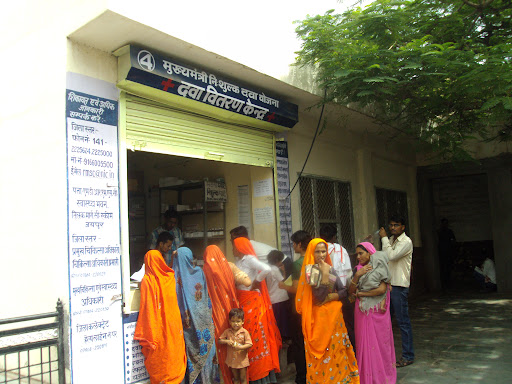
Introduction: A First-of-its-Kind Health Law in India
On April 12, 2023, Rajasthan became the first Indian state to enact the Right to Health Care Act 2022, ushering in a legal guarantee of free outpatient (OPD) and inpatient (IPD) health services at government facilities — and select private hospitals. This landmark legislation codifies the constitutional right to health under Article 21 and Article 47 of the Indian Constitution, promising access to 20 specific healthcare rights for all residents
What the Act Promises
-
Free OPD and IPD Services at all public hospitals
-
Healthcare services offered at designated private hospitals when required
-
Access granted to all residents, regardless of income or documentation
-
A guaranteed set of 20 rights ranging from emergency care to diagnostics and referral services
The goal was clear: legally enshrine access to affordable healthcare for every resident of Rajasthan.
Controversial Rollout and Key Objections
Despite its progressive aims, the Act raised critical concerns immediately after passage:
-
Doctors and medical associations warned that the legislation lacked clarity on compensation to private hospitals, putting them at financial risk if state reimbursements are delayed or inadequate
- Critics argued the policy seemed politically motivated, implemented ahead of state elections without sufficient fiscal planning. They pointed to potential budget strain and pressure on the existing healthcare workforce
- Many practitioners feared loss of clinical autonomy and administrative interference, while protests and strikes were staged to demand revisions before implementation
Opposition and Public Reactions
The Indian Medical Association (IMA) and hospital bodies protested across the state, calling for guarantees on:
-
Timely reimbursement
-
No mandatory deployment clauses to private providers
-
Protection of professional autonomy
Some protests escalated into street demonstrations, prompting a police response. Nonetheless, government leaders emphasized the law’s humanitarian intent and promised mechanisms to protect providers
The Human Angle: Who Stands to Benefit?
If fully implemented, the Act could serve as a model for universal health access in India:
-
Low-income and marginalized populations gain legal entitlement to free services for common illnesses or emergencies.
-
Rural populations, where out-of-pocket medical costs remain oppressive, would benefit most.
-
Covers essential diagnostics, maternal care, surgeries, and hospitalisation—services typically priced out-of-reach under private treatments
Challenges Ahead: Budget, Logistics, Accountability
-
Government funding and reimbursement systems remain underdeveloped, risking delayed claim settlements that may threaten private hospital operations.
-
The bureaucracy must scale to handle increased patient flow, reporting, and quality audits.
-
Absence of clear enforcement frameworks may leave patients and providers vulnerable to administrative red tape or denial of rights.
Broader Significance: A Test Case for India
Rajasthan’s law aligns with other national trends and global goals:
-
It anticipates India’s future path toward Universal Health Coverage (UHC) under SDG 3.
-
Complements the ongoing Ayushman Bharat frameworks, including digital health missions and expanded insurance programs
- Offers lessons for other states: draft legislation but balance funding, provider incentives, and grievance redressal mechanics upfront.
If the implementation succeeds, it could encourage other states or the Centre to replicate a legally binding health rights framework.
Conclusion: Promise Meets Policy
Rajasthan’s Right to Health Care Act 2023 is audacious—and necessary. It represents a shift from policy proposals to citizen entitlement. But for it to be transformative, strong administrative systems, transparent funding, and stakeholder collaboration are essential.
This initiative could set a template for legal healthcare guarantees across India—nudging us closer to meaningful universal care for all.